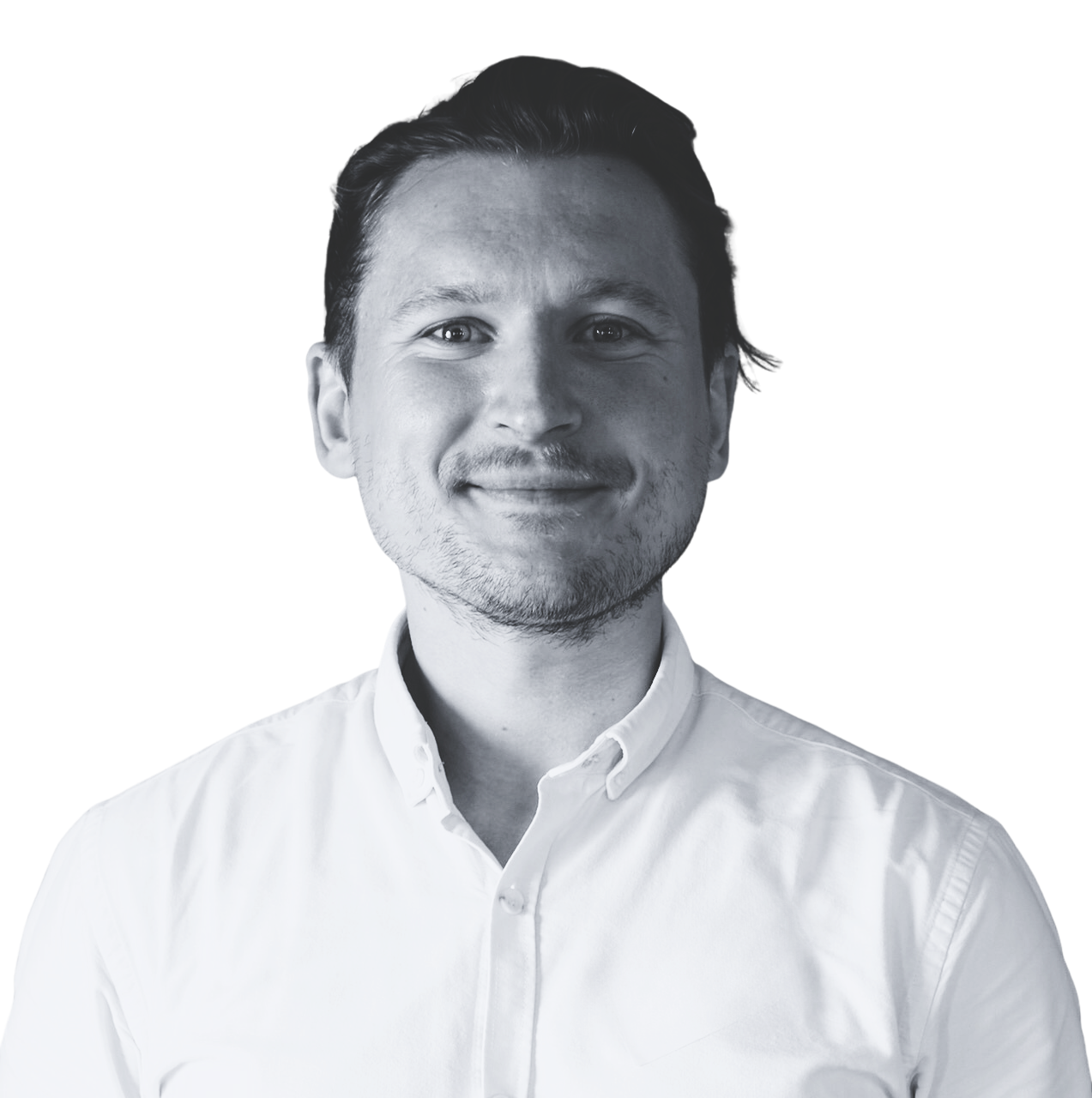When I chose my undergraduate degree, I specifically chose a joint honors degree because I didn’t want to do statistics. Little did I know that years later, I would be doing research that uses statistical models to understand adolescent mental health. Studying joint honors in psychology and philosophy did, however, give me insights that I might not have gained through studying psychology alone. It was after studying this combination of disciplines that I decided I wanted to work with young people. But this did not initially lead me into a research career with adolescents. For several years I worked in the youth sector, working with young people with disabilities, adolescents in the youth justice system, and in residential settings. It was this experience that illustrated to me the complex interaction of mental health and development, particularly during adolescence.
After working in the youth sector, I began applying for PhD programmes. I was fortunate to secure a studentship researching a topic I was deeply interested in, and one that was brought to life through experience working with the age group I was now recruiting as participants. Although I was now working in research, my studies were not particularly focused on mental health, but instead focused on developing tasks to measure cognitive development in adolescence. It was the skills that I learned through my PhD training that allowed me to secure my current postdoctoral role, which is focused on using cognitive tasks to improve adolescents’ mental health.
I am currently working on a project testing a new mental health intervention for adolescents. We aim to prevent the onset of mental health problems through training skills implicated in mental health outcomes, specifically social and emotion processing skills. To train emotion processing skills, we developed cognitive training apps, drawing on abilities that I had learned during my PhD. An important part of the intervention has been co-producing the programme with adolescents, meaning we have worked alongside young people to develop the resources used in the intervention. Facilitating these co-production sessions required a lot of the skills I employed as a youth worker to work collaboratively with (enthusiastic!) adolescents.
My previous experiences both within and outside of academia have helped me to develop a range of skills that are applicable to my current research. If I were to offer any advice to aspiring mental health researchers, it would be to not be afraid to draw on skills from diverse areas of work. Multidisciplinary approaches are hugely beneficial in the study of mental health and can enhance the potential of research to improve outcomes for those with mental health problems.

